On June 16, 2021, PBS lost one of its most beloved staff members, Human Resources Coordinator Lana Fish. Lana began working for PBS as clinic coordinator in October of 1983 working for then Clinical Science Program Director Dick McFall. In 1988 she became the supervisor to all PBS administrative assistants. She left briefly in 1990 to work outside IU, but returned to the same position two years later, before taking on the human resources position in 1994. She remained in this role until her sudden death just over a year ago.
Lana was the indispensable confidant to four successive PBS chairs, countless staff, graduate students, and faculty members both young and old. Current chair Bill Hetrick observes that this daughter of a limestone stonecutter was in fact the bedrock of the department.
“From the beginning of my own time in the department,” he explains, “I recognized how central she was to all our operations. It wasn’t just because of the position she held. It was the pulse she had on the department’s inner workings. She was keyed into the dynamics within the staff, their strengths, and the issues that could lead to a better work environment and a greater sense of community.”
Humble and unassuming in her demeanor, she nonetheless emanated a wisdom, warmth and kindness, qualities recognized universally by her colleagues.
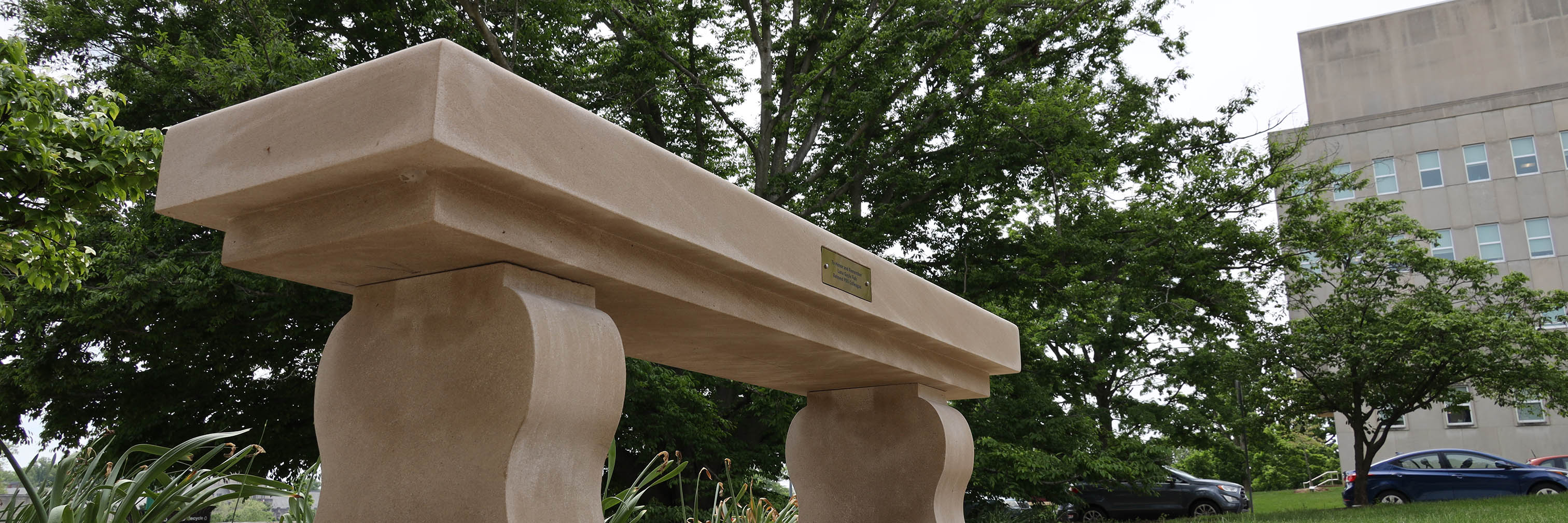
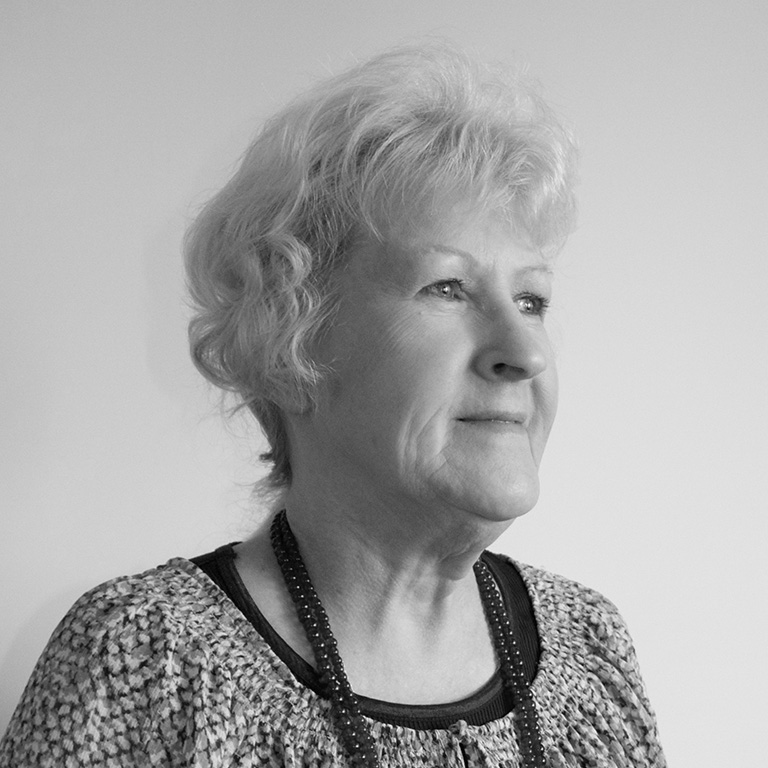
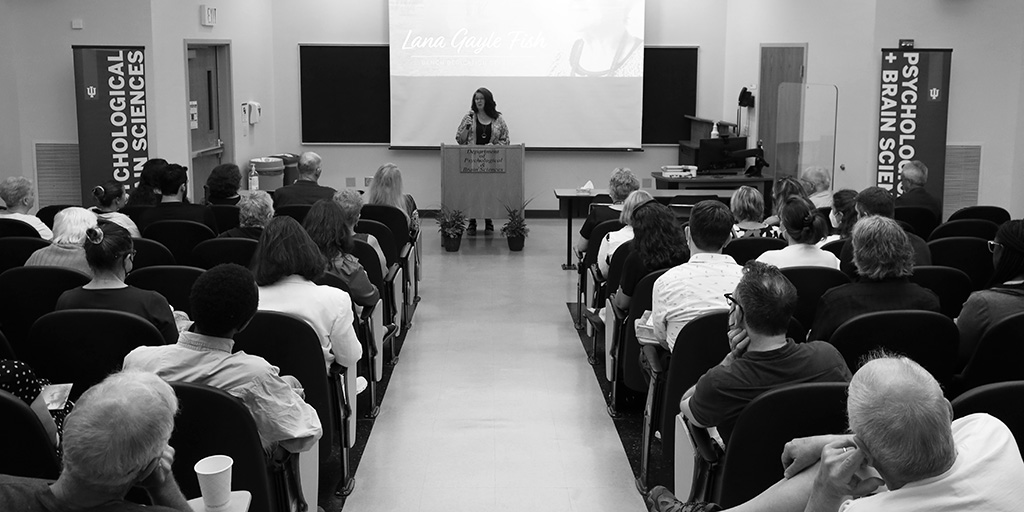
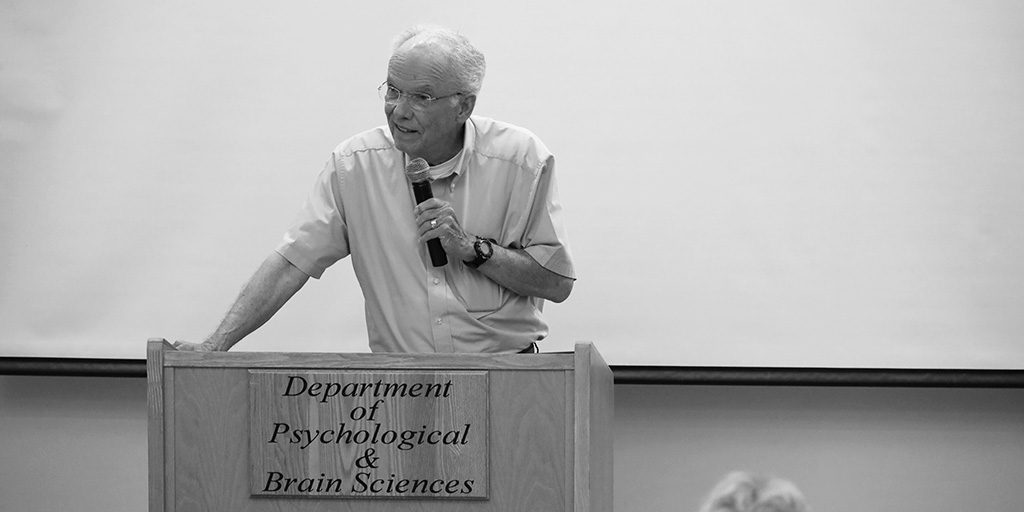
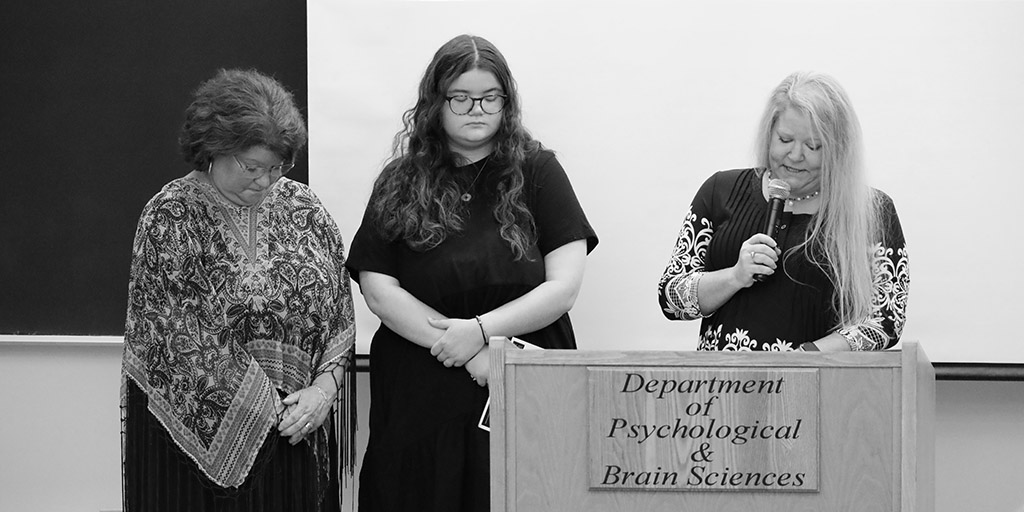
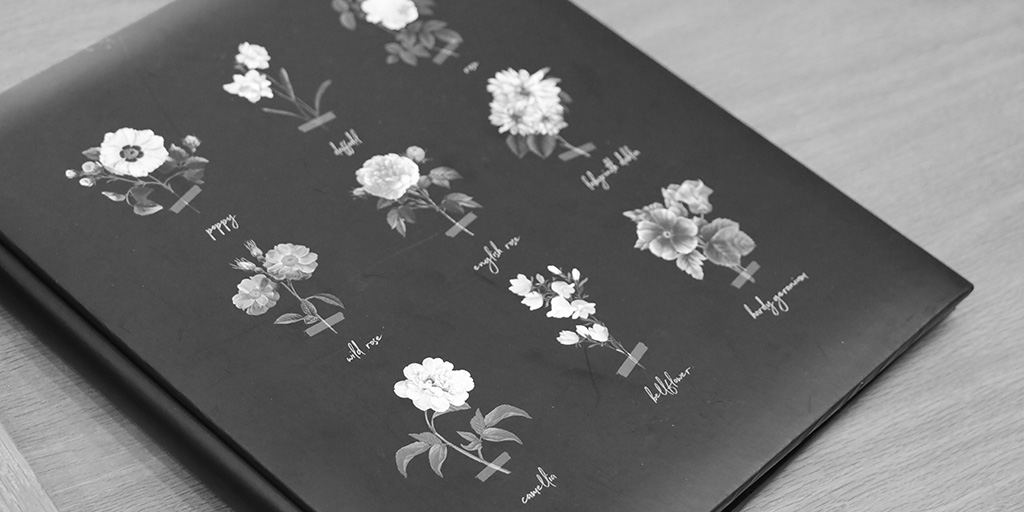
 The College of Arts
The College of Arts